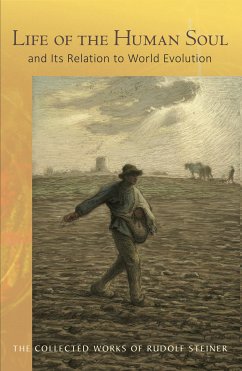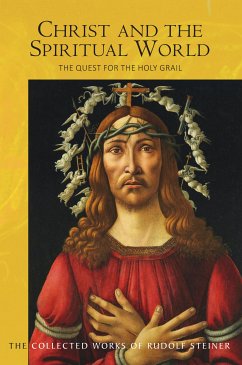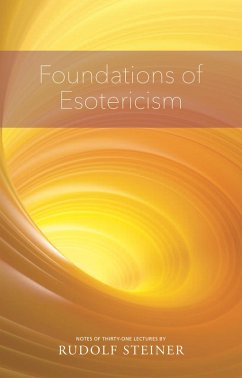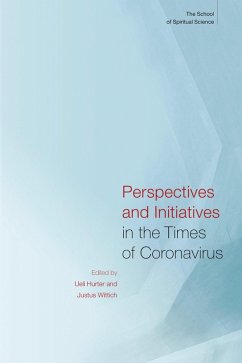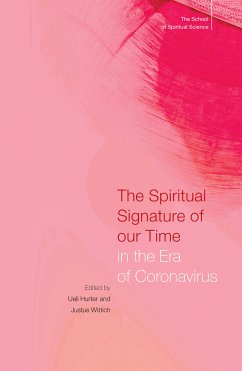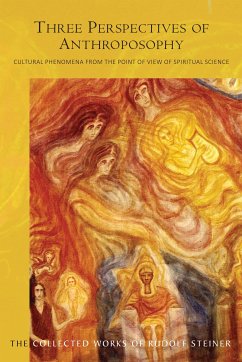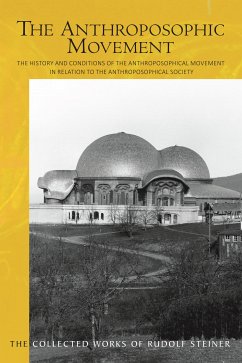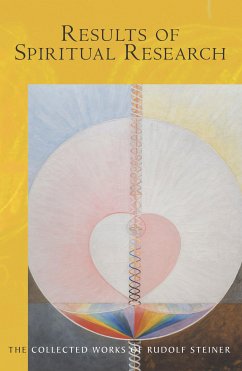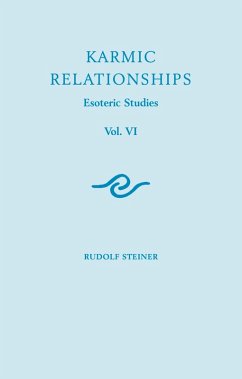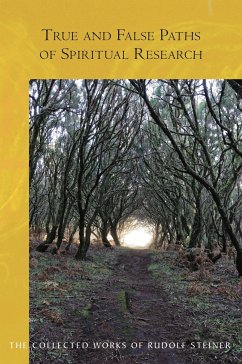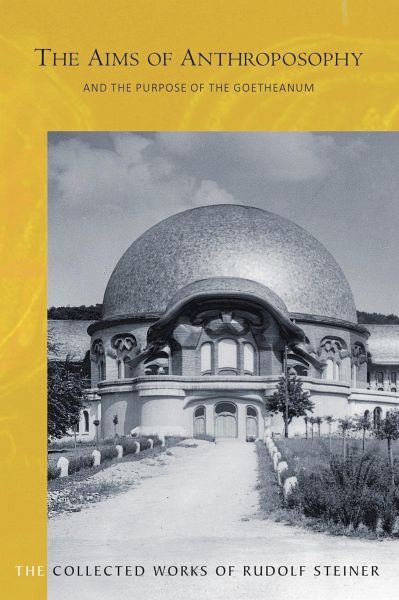
The AIMS OF ANTHROPOSOPHY (eBook, ePUB)
and the Purpose of the Goetheanum
Übersetzer: Barton, M.
Versandkostenfrei!
Sofort per Download lieferbar
14,39 €
inkl. MwSt.
Weitere Ausgaben:

PAYBACK Punkte
0 °P sammeln!
In his final lectures to the general public, Rudolf Steiner speaks with great clarity and purpose about the inner and outer necessity of the anthroposophical impulse in modern times. Following the fire that destroyed the first Goetheanum building in Dornach, Switzerland, Steiner had focused his efforts on rebuilding and reorganizing the Anthroposophical Society. But he also continued to travel and speak to the public - in Prague, Vienna and Basel - to explain the purpose of the Goetheanum and to elucidate the broader aims of his spiritual work. These lectures, including a semi-public series in...
In his final lectures to the general public, Rudolf Steiner speaks with great clarity and purpose about the inner and outer necessity of the anthroposophical impulse in modern times. Following the fire that destroyed the first Goetheanum building in Dornach, Switzerland, Steiner had focused his efforts on rebuilding and reorganizing the Anthroposophical Society. But he also continued to travel and speak to the public - in Prague, Vienna and Basel - to explain the purpose of the Goetheanum and to elucidate the broader aims of his spiritual work. These lectures, including a semi-public series in Dornach, are gathered here and published in English for the first time, together with an introduction, notes and index.The volume features the following lectures: 'The Purpose of the Goetheanum and the Aims of Anthroposophy'; 'Enhancing Human Powers of Perception to Develop Imagination, Inspiration and Intuition'; 'Human Soul Life and the Development of Imagination, Inspiration and Intuition'; 'Experience and Perception of the Activities of Thinking and Speech'; 'The Physical World and Moral-Spiritual Impulses': 'Four Stages of Inner Experience'; 'Perceiving the Etheric World'; 'Soul's Eternity in the Light of Anthroposophy'; 'Human Development and Education in the Light of Anthroposophy'; 'Supersensible Perception, Anthroposophy as a Contemporary Need'; 'Anthroposophy and the Ethical and Religious Life'; 'How Do We Gain Knowledge of the Supersensible World?'
Dieser Download kann aus rechtlichen Gründen nur mit Rechnungsadresse in A, B, BG, CY, CZ, D, DK, EW, E, FIN, F, GR, H, IRL, I, LT, L, LR, M, NL, PL, P, R, S, SLO, SK ausgeliefert werden.





